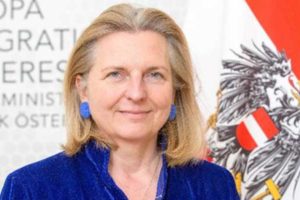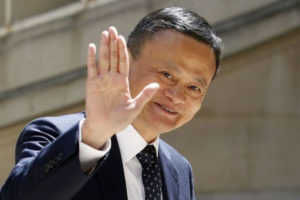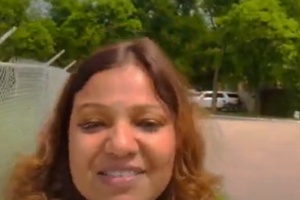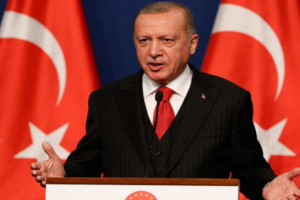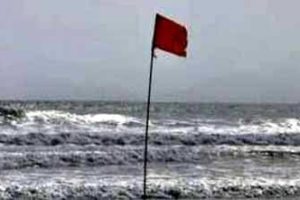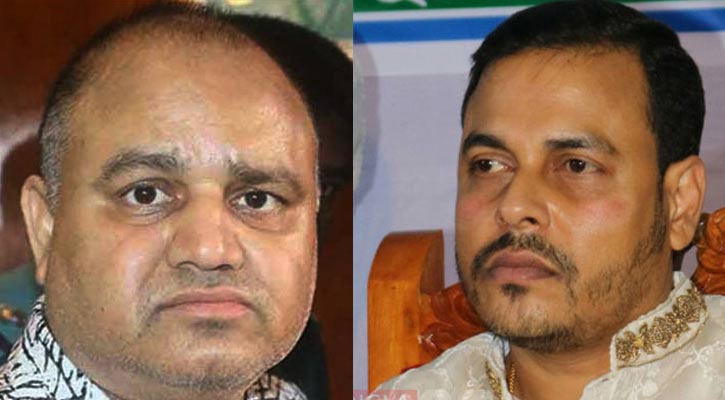Donald Tusk grew up inside Poland’s Solidarity movement, the workers’ revolt that combined with intellectuals to bring down the Communist regime in the face of a Soviet threat of invasion and then martial law.
“Solidarity” has been a key part of Tusk’s ideology and his life. The workers’ rebellion, which began at the shipyard in his hometown, Gdansk, gave him, as a bored young man who was something of a hooligan, real meaning. Solidarity remains, he said in a recent interview, “my favourite word.”
But it also symbolises his greatest failure as president of the European Council, the grouping of the European Union’s member states, a job he has just left after a five-year term.
Despite Tusk’s passionate pleas, sometimes awkward jokes and Twitter commentary, the European Union signally failed to show the solidarity he demanded on the biggest issue of the last five years — migration.
The crisis fed identity politics and populism in countries like Germany, Hungary, Italy and Tusk’s Poland, and helped set Britain on its path out of the European Union — another painful failure for Tusk, who had been fervently against Brexit.
“You can’t force solidarity,” Tusk, 62, said rather sadly, reflecting on his tenure and the state of Europe. “Enforced solidarity is an oxymoron.”
But he said that was precisely what some of his European partners wanted to do. “This is why some countries were really angry,” Tusk said.
Some of these same countries, especially in Central Europe, are happy to accept European solidarity when it means agricultural and regional aid funds from Brussels. But the problems of migrants, borders and Islamophobia were all stoked domestically, with Brussels as a handy scapegoat.
The conflict was particularly complicated, even emotionally so, with Tusk’s old friend and anti-Communist colleague, the Hungarian prime minister, Viktor Orban. And he is now even more Tusk’s problem.
Tusk has just begun a new job in Brussels as head of a centre-right party grouping called the European People’s Party. Orban and his Fidesz party are prominent members, and Tusk’s predecessor did very little to rein in Orban because the party needed his votes in the European Parliament. So what will Tusk do?
Tusk is struggling to answer because he has seen the transformation of Orban from an idealistic anti-Communist to a populist authoritarian, dabbling in Islamophobia and anti-Semitism and proud of creating an “illiberal democracy.”
“I have a problem with Viktor Orban, but also a private one, a personal one,’’ Tusk said. “Because we have known each other for so many years, and our friendship started when he was one of the most talented and promising liberal democrats in our part of Europe,” who stood up to Communist authorities in 1989.
“When I was president of the European Council he was my partner, and paradoxically, also because of our old friendship, we were personally very loyal to each other,” Tusk said. He hesitated, sighed, then said, “This is why it is something painful for me, because I like him as a person.”
Orban is smart, Tusk agreed. “You know this is why I think he is cynical, because he is too intelligent not to understand what is the problem. And of course cynicism is nothing new in politics, but the practical consequences of his cynicism in Hungary are,” he stopped again, then said: “I think it went too far. At least it’s my opinion.”
That opinion is shared by many, but Orban, by using his mandate to alter the Hungarian Constitution to his benefit, remains a powerful force inside the European Union and for populist, identitarian and anti-Brussels politics generally. His challenge to the rule of law is even more profound than that of the government of Poland.
A request for comment from Orban was not answered.
Once the highly praised prime minister of Poland, who resigned in 2014 to run the European Council, Tusk and his party lost the 2015 election to the populist Law and Justice party and its effective leader, Jaroslaw Kaczynski, now his archrival.
As part of Kaczynski’s campaign against the European-minded heirs of Solidarity, he has even accused Tusk of being responsible for the 2010 plane crash in Russia that killed his twin brother, Lech Kaczynski, then Poland’s president.
“Yeah, yeah, I’m a murderer, a thief,” Tusk responds, laughing. “I will survive anyway; I am quite experienced here, so this is nothing new for me.”
But the intensity of the attacks represents something new, he said, a reflection of a broader problem with democratic debate he sees in Europe, the United States and Britain, over Brexit.
“It’s this shameless use of state-organised lies as a permanent tool and permanent method,” he said. Ten years ago, he said, “it would be something disqualifying for politicians,” but no longer.
Now it cuts to the heart of the European Union’s idea of liberal democracy, shared values and the rule of law. And this is what is so troubling about the current trends in Central Europe, especially in Poland and in Hungary.
“For me the red line is if someone is able and is ready to accept our fundamental set of values,” Tusk said. “We can describe this set with the simple term ‘liberal democracy.’ ”
That, he said, included a commitment to “freedom of speech, political pluralism, respect for the individual, tolerance, openness” — everything that used to be clear and now is under threat.
Still, he admits, the problem of Orban is even harder because many in Europe, including Tusk, think he was correct in his strong defence of Europe’s borders against uncontrolled immigration, inspired in part by the controversial decision of Chancellor Angela Merkel of Germany to open her country’s borders.
Orban argued that Europe could not preserve the borderless internal Schengen Area unless it defended Schengen’s own borders. He then reinforced Hungary’s with guards and barbed wire, herding migrants who tried to cross illegally into holding areas and refusing to take any Brussels-imposed quota of asylum-seekers, all to much publicity.
“From the very beginning, I was absolutely sure that in some part of his approach he was right,” Tusk said. While despising Orban’s rhetoric, he said, he saw that “the conflict between Orban and Merkel was something really very substantive.’’
“At the end of the day,” Tusk said, “not only the European People’s Party but the whole European family understood that if you want to have an asylum policy you have to be able to control the external borders.’’
What damaged Merkel was the sense of chaos and loss of control. But Orban understood, Tusk said, that “the first condition is order, absolutely.”
And that brought Tusk, as a liberal democrat, to what he describes as his nightmare. “The biggest fear today, not only in Europe, is that people think that liberalism is a synonym for vulnerability and disorder and chaos and weakness,” he said.
“Liberal democracy must be also strong and decisive and sometimes even ruthless in protecting, you know, their own people, borders, territories, etc.,” he added. ‘‘If people start to believe that there is no possibility to combine freedom and a liberal set of values with safety and security and order, then we have no chance to survive.”
Then, the field will be open to even more dictatorial populist politicians, he said.
As for what he will do about Orban, Tusk refused to answer, citing a coming report from former party notables, including his predecessor as council president, Herman Van Rompuy. Tusk said he will then make a formal recommendation to the larger party in February.
But the politics remain awkward, Tusk admitted. “I can recommend some solutions,’’ he said, adding: “Of course, it’s a problem also because of this migration debate. Because almost no one in the EPP wants to punish Orban because of this very context.’’





